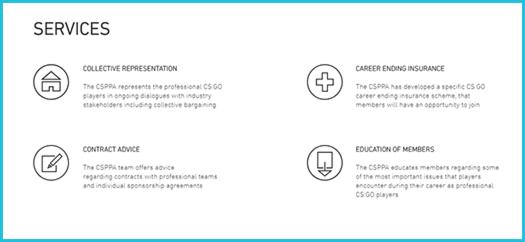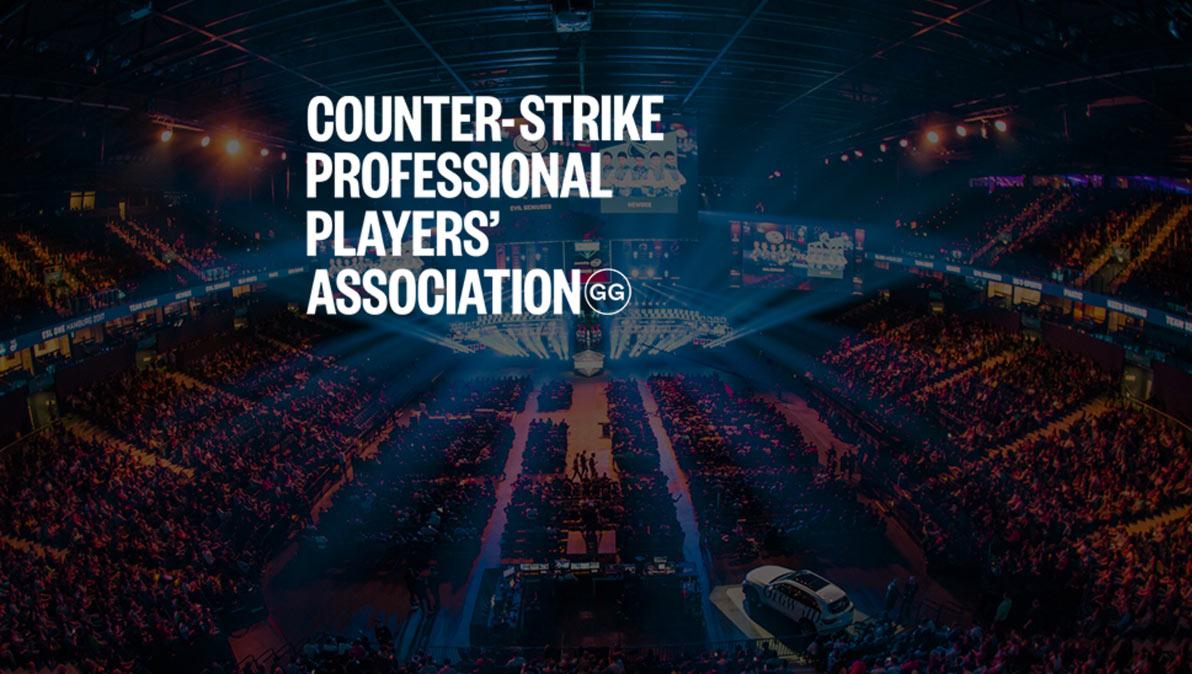
ESL and DreamHack will continue to work with CSGO CSPPA on tournament conditions
ESL and DreamHack have merged, but the Counter-Strike Professional Players’ Association wants to let everyone know that it is still in the process of making more plans.
The announcement came from the CSPPA’s official Twitter account, but the agreements that the document contained are almost carbon copies of those included with the organizations’ original reveal back before the CSGO tournament season was forced online. The main difference is a reduction in the number of teams that will play in the event’s group stages, effectively raising the tournament’s barrier of entry. ESL and DreamHack were merged together into two brands under one company in late September. This meant that while its events would stay separate, any profits from either would eventually make their way back to the organizers’ parent company, ESL Gaming.
After its initial tweet went live, the CSPPA released another announcement regarding CSGO’s return to LAN play and the steps it planned to take to protect players. The tweet came nearly two weeks after ESL had already announced a return to LAN play for the IEM Global Challenge. After ESL’s announcement, FLASHPOINT 2 leaked its own move back to in-person competition during a Q&A session.
Titled “Return to Lan protocol,” the image listed no protocols.
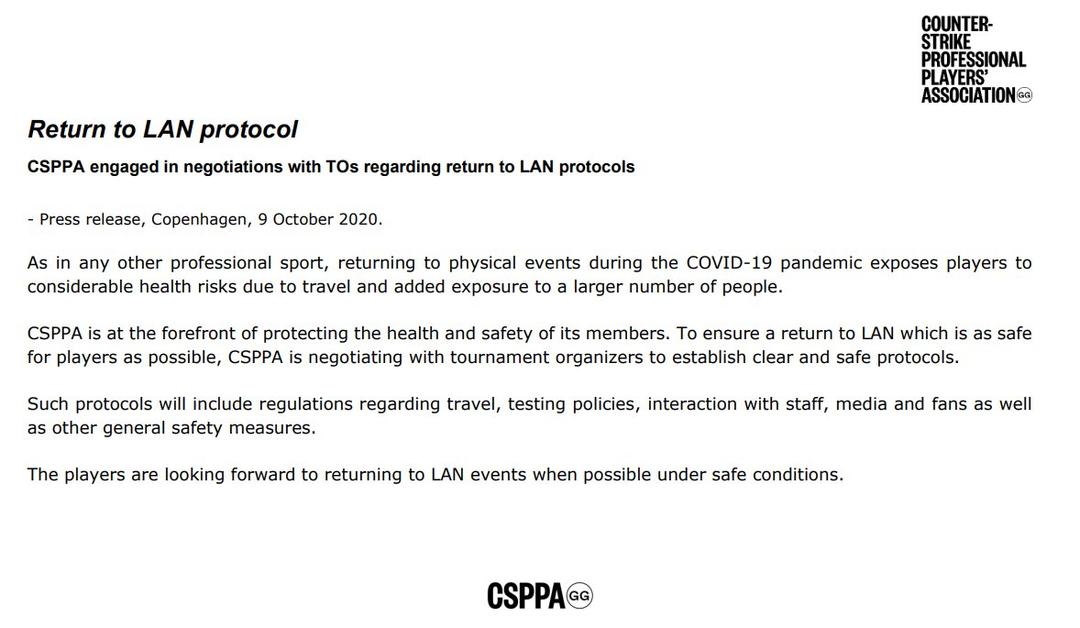
Unfortunately, the CSPPA has continued its trend of writing words that lack concrete plans. The association bills itself as the voice of the players, but there is currently no way to verify how many professional CSGO players are active in an organization that compares itself to other sports unions and the National Football Players Association in particular. While membership in the NFLPA is required for participation in the NFL, the players receive packages of benefits in addition to clearly-defined contracts that are standardized based on a player’s draft status.
Esports is complicated thanks in part to its international competitions as well Valve’s license that it hands out to the vast majority of applicants. The differences between the NFLPA and the CSPPA are stark. It has already entered into two separate agreements regarding player IP rights with FLASHPOINT and ESL, as well as what it called “Contract Minimum Standards,” but lacked any transparency regarding salaries, compensation or benefits.
ESL Gaming’s CSPPA deal isn’t anything new,
Ultimately, both announcements lacked any new changes that would affect the life of a professional CSGO player. After headlines like “historic announcement” and “groundbreaking deal,” fans and players still know little about the inner workings of the organization. It’s public knowledge that not all CSGO pros are part of the CSPPA, and the dues that players pay to the CSPPA are unknown. So, despite a title that the Association gave itself, the CSPPA’s status as the “voice of all Counter-Strike players” is technically false.
Additionally, the CSPPA’s lack of transparency has prompted at least one team to call attention to its lack of disclosure. Since beginning its roster overhaul in September, Cloud9 has announced the terms for each of its new players, including the total worth of each contract and its length. While C9 was presumably doing so to attract talent, it also put the CSPPA’s lack of that requirement in sharp contrast. For players, if contract details are public then that information forces teams to spend a player’s market rate to retain them, meaning that the CSPPA’s lack of disclosure hurts players instead of helping them.
As of now, organizations with players that are CSPPA members are required to reveal that information to just one entity: the CSPPA.
While still present on the CSPPA’s website, the organization vowed not to interfere in team contracts as agents in July. Nor has it announced what kind of insurance and retirement plans they have in place for its young members.
So while ESL and DreamHack have officially joined and now monopolize nearly 70% of CSGO’s schedule, they’ve forced other event producers out of the schedule. With this change, a player’s association might call an emergency assembly to discuss how this could impact them. They could vote that the CSPPA issue a declaration to ESL saying that its members wouldn’t participate without giving other organizers dates of their own.
Instead, the CSPPA has declared that CSGO players must have two rest periods over the summer and winter breaks. But those have been standard for years, especially after Valve began to announce Major dates years in advance. The ruling powers of CSGO now control the majority of its calendar, and the CSPPA has made few actual changes in its members’ quality of living.
The “achievements” and overhyped, official-looking releases look nice, but until the CSPPA actually becomes a advocate for the benefit of all players, not just its members, it can’t claim to be the official voice of CSGO’s pro players.
Recommended

s1mple is offering lessons to help you get good at CS2
Have you dreamed of playing like s1mple?
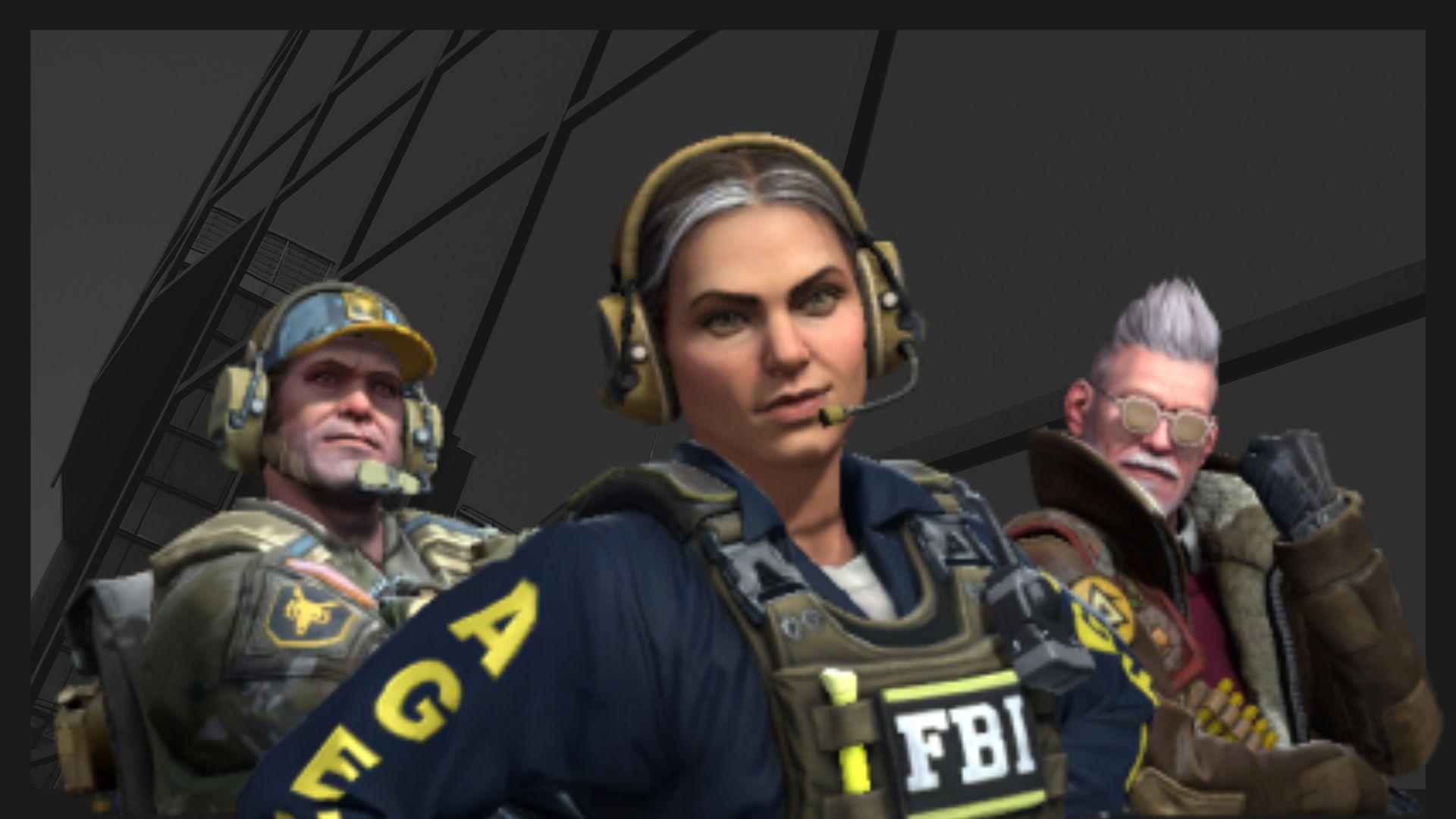
Recent CS2 ban wave punishes cheaters during live games
Valve is banning players in bulks.
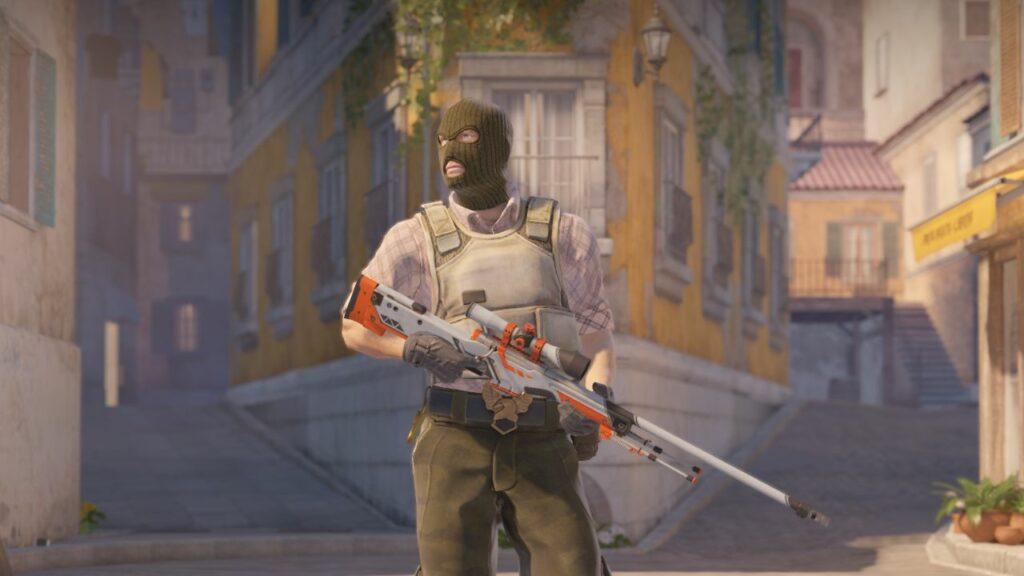
Players hopeful after Valve adds Overwatch to expose CS2 cheaters
Only “trusted” players will be Overwatch investigators.


